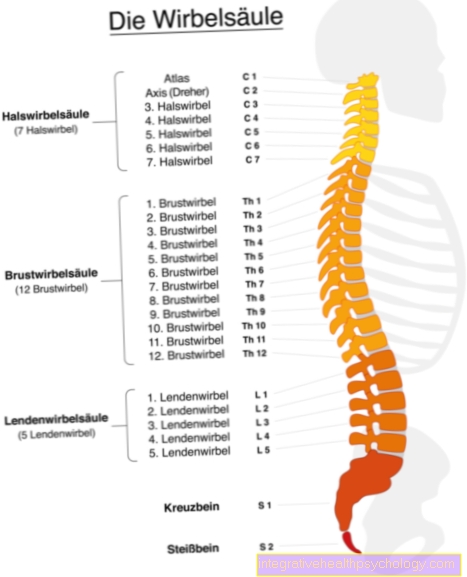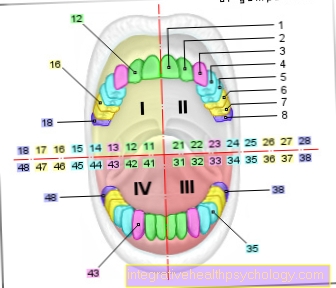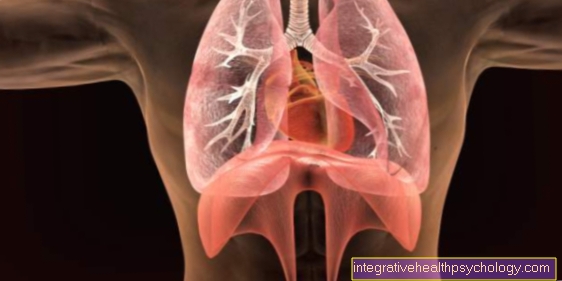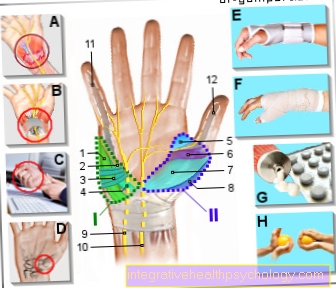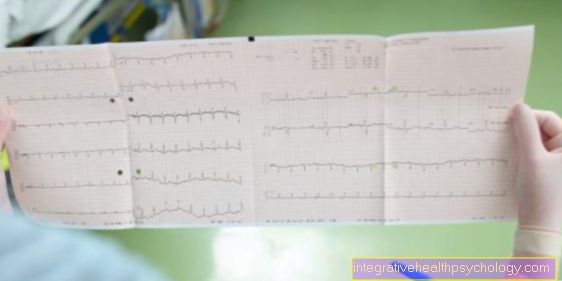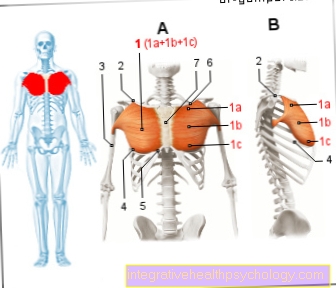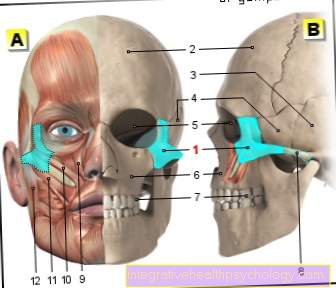tariff for doctors
definition
The fee schedule for doctors, GOÄ for short, regulates the fees that are charged for medical services that do not fall within the scope of statutory health care. This means that the GOÄ does not apply to the billing of medical services for patients who belong to statutory health insurance (health insurance patients).
For patients with statutory insurance, the so-called uniform assessment standard (EBM) applies.
The GOÄ, on the other hand, regulates the fees for privately insured persons.
In addition, medical services for legally insured patients who are not covered by health insurance, so-called individual health services, IGEL for short, are billed via the GOÄ.
Doctors working in Germany are therefore not allowed to charge individual fees for the medical services they provide to privately insured patients, but are very precisely bound by the GOÄ to certain billing numbers.

How are the digits calculated?
Which amount can be billed for which medical service is determined by several variables.
First, the service to be billed is defined using a number.
This number corresponds to a fixed value in euros, the so-called basic fee.
In addition to this number, the fee rate also plays a role.
Depending on how (time) consuming the medical service is, a simple to 3.5-fold fee rate can be charged.
This means that the euro amount defined by the respective number can be multiplied by a number between 1 and 3.5.
The average fee rate is 2.3.
In the case of a medical service with below-average effort, the fee rate is reduced, for a service that requires above-average effort, the fee rate is increased to up to 3.5.
If the fee rate exceeds the average of 2.3, it must be clear from the doctor's invoice what the reason for the above-average fee rate is.
In addition to the number and the fee rate, there is a third variable in the GOÄ, the letter.
Letters stand for surcharges.
For example, the letter C as a surcharge for services that were performed between 10 p.m. and 6 a.m.
Surcharges may only be billed according to the simple rate, so they are not upgraded based on the effort made.
The fee to be paid for a medical service provided is thus made up of the number, the fee rate and the surcharge.
What are analog digits?
Analog services or analog numbers are medical services that are not explicitly listed in the fee schedule for doctors, but still have to be billed.
The doctor providing the service can and must then bill the service that is not listed on the basis of a service that is as equivalent as possible in the GOÄ. This billable analog service should be associated with approximately the same cost and time expenditure.
The analog service must be marked accordingly on the invoice and described in detail.
Our next article could also be of interest to you: How do you recognize lung cancer?
Why haven't there been any adjustments since 1996? What about the amendment?
The last major reform of the medical fee schedule took place in 1982.
The GOÄ, which consists of a total of 37 sections, has not been comprehensively amended since then.
The last change from 1996 only changed 11 of the 37 sections.
The efforts of the German Medical Association and private health insurances to completely revise the fee schedule for doctors are currently ongoing.
While it was initially planned to present the amended GOÄ by the end of 2017, the current status and the next steps will now be discussed at the 121st German Medical Congress in May 2018.
Section 1
The medical consultation is accounted for with item 1 of the fee schedule for doctors.
The basic value for number 1 is 4.66 euros.
If the digits are billed at the average fee rate, namely 2.3 times the fee rate, the result for the medical consultation is a fee of 10.72 euros.
It should be noted here that item 1 also includes medical advice that was only given by telephone.
Section 3
Number 3 is also used to bill for medical advice, which may also be provided exclusively by telephone.
In contrast to number 1, number 3 is, however, explicitly a detailed consultation that goes beyond the usual scope.
In-depth is defined to the extent that the consultation must have taken at least 10 minutes.
The amount defined under item 3 is 8.74 euros.
After multiplying it by the average fee rate, the figure 3 results in an amount of EUR 20.11.
Section 7
A full physical examination of at least one organ system is billed with number 7.
What exactly the organ system means is more precisely defined here:
- The examination of the skin including mucous membranes,
- The examination of the musculoskeletal system including an orienting examination of the joints and the spine,
- The examination of the chest organs including the heart and lungs,
- The examination of the abdominal organs or the female genital tract.
The number 7 has a value of 9.33.
When calculating the 2.3-fold fee rate, a fee of 21.46 euros applies.
Section 34
A detailed discussion of the effects of an illness is accounted for with item 34.
This must be a disease that was diagnosed immediately before or has recently become acutely worse.
The disease must be life-changing or life-threatening in the long term.
Any discussion of the necessity and possible risks and side effects of a surgical procedure in connection with the treatment of the disease is also covered by this section.
According to the schedule of fees for doctors, the discussion must last at least 20 minutes.
Long-term life-changing diseases include, for example, diabetes mellitus, bronchial asthma and diseases of the rheumatic type.
An amount of 17.49 euros is allocated for item 34.
Multiplied by 2.3 times the fee rate, this results in a value of 40.23 euros.
Section 75
A detailed written report is settled with item 75.
This should be a detailed report with information on the anamnesis, the exact findings and the therapy recommendation.
Short sickness certificates or certificates such as a certificate that certifies incapacity for work cannot be billed with the number 75, but only with the number 70.
The detailed written reports can include, for example, a medical certificate for the use of travel cancellation insurance.
While a basic fee of 2.33 euros is charged for item 70, i.e. the short certificate, a basic fee of 7.58 euros is charged for item 75.
Multiplied by 2.3 times the rate, this results in a fee of 17.43 euros.
Digit 800
A detailed neurological examination is billed under the number 800.
An in-depth neurological examination can also be billed by doctors who are not neurologists.
The detailed neurological examination includes, among other things, the examination of the cranial nerves, reflexes, motor skills and sensitivity as well as coordination.
The number 800 is charged with a basic fee of 11.37 euros.
After multiplication with the average fee rate, this results in an amount of 26.15 euros.



